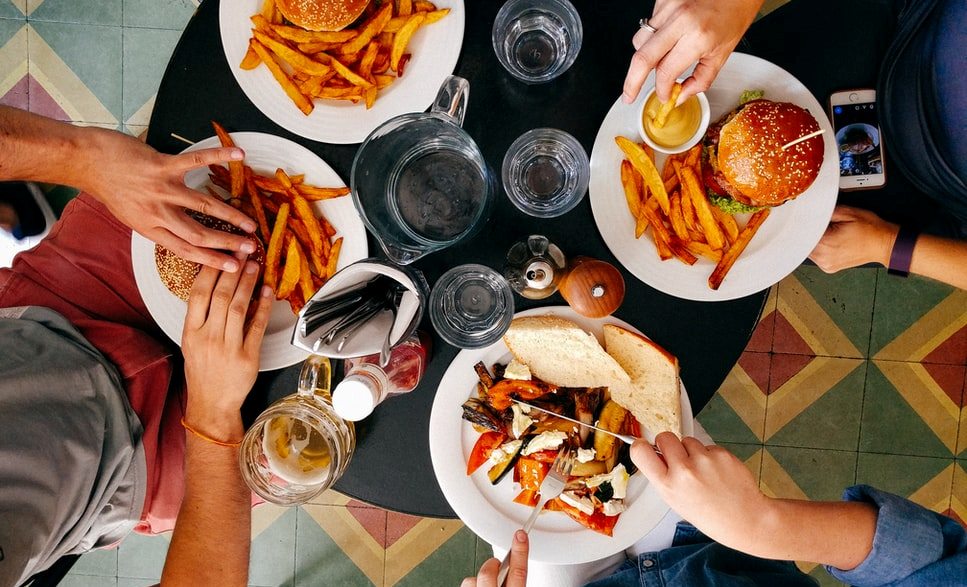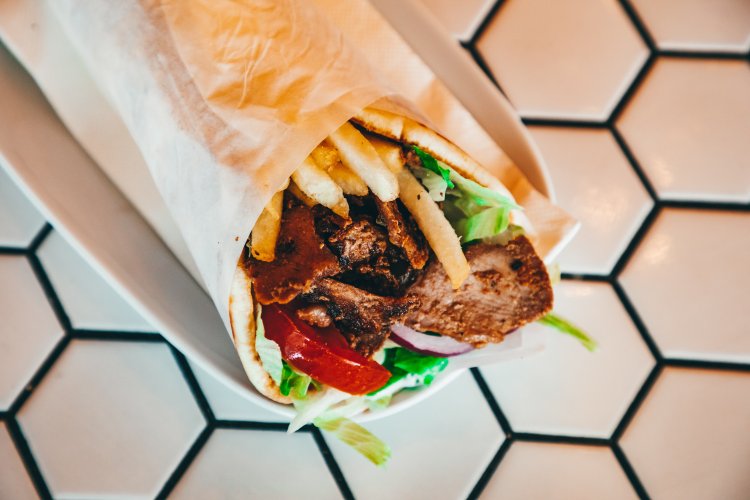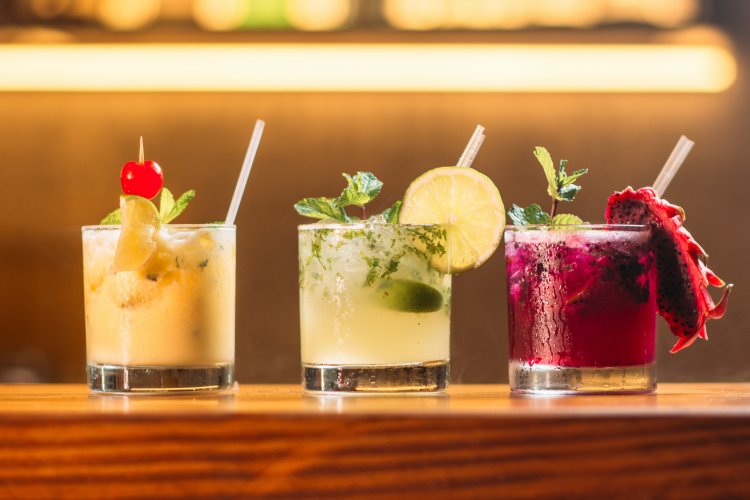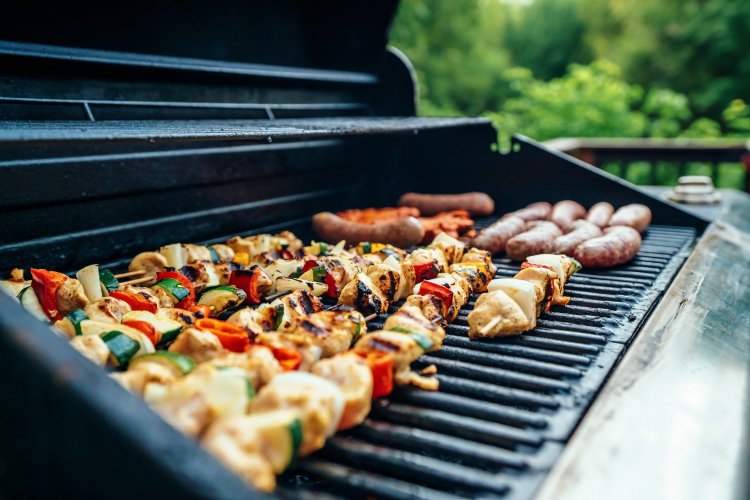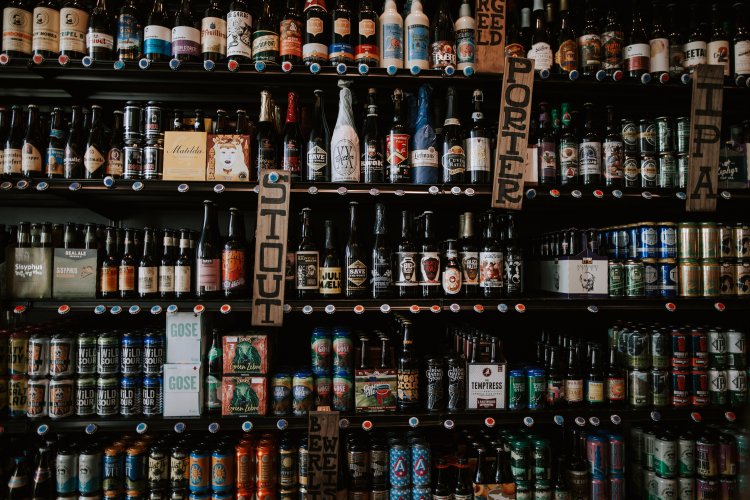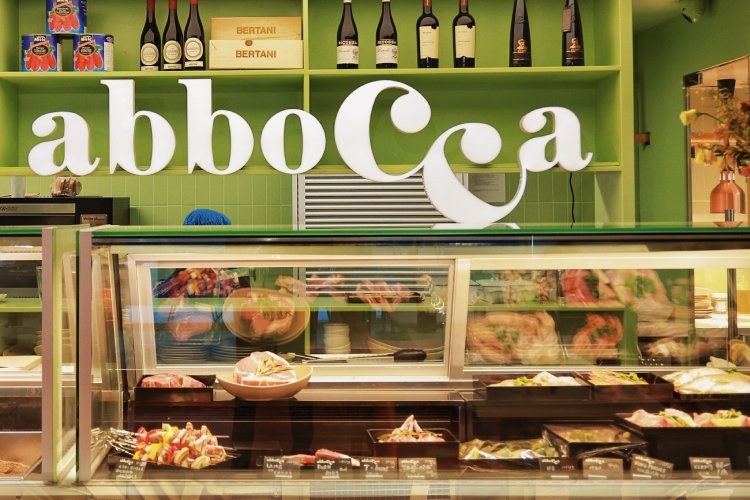Breathing Life Back Into Beijing’s Restaurant Industry
With spring comes the blossoming of flowers, and like animals out from hibernation, Beijingers have slowly begun peeking outside their windows. Just one month ago, the streets were empty, barring the occasional delivery guys on their motorcycles shipping everything from groceries to toilet paper.
For me, the hardest part of isolation was not being able to go out and enjoy Beijing’s diverse dining scene. Though there are certainly benefits to having three homecooked meals a day, my palate yearned for flavors that were exceptional and varied (no offense, mom). But while many of us were stuck inside, coming to terms with the forced uniformity in our diet, Beijing’s restaurant industry was taking a severe knock. During Spring Festival alone, China’s restaurants earned RMB 500 billion less compared to the same time last year. This doesn’t come as a surprise, as government regulations and the lack of clientele made it difficult for restaurants to stay active during the coronavirus pandemic.
Anna Lin Yip, Mosto Group marketing director, explains that the restaurant industry "is structured so that rental prices are reflective of a restaurant operating at full capacity." However, throughout the pandemic, Mosto Group's Moka Bros could only operate at 50 percent capacity while still being expected to pay full rent. Meanwhile, their flagship restaurant Mosto only just reopened.
Ignace Leclair, owner of TRB Hospitality Group is facing similar difficulties, as revenues have dropped due to customers being increasingly cautious of dining out. Leclair explains that both of his French fine dining restaurants, TRB Hutong and TRB Forbidden City, have "been hit hard," adding that it "will be more difficult to get back to the same scene as before."
David Connolly, co-founder of Neapolitan pizza restaurant Bottega, commented that revenues dropped by 90 percent during the first two weeks of the pandemic, and that there were hardly any customers in February. Even now, while COVID-19 cases are largely under control and Beijing approaches nearly one month since its last local transmission, continuing seating restrictions and distancing regulations have made it difficult for Bottega to return to business as usual.
Restaurants have been mitigating losses with reduced or deferred salaries, a renewed focus on delivery services, discounts and promotions, cooking kits, and online programs, but have only gained back a fraction of what they lost.
All of this said, how can we help the restaurant industry recover during this difficult period? Given that the hospitality industry is largely dependent on the general public as their clients, there are plentiful ways we can make sure our favorite restaurants in Beijing can stay open.
The first and most obvious option is to drop by and eat at your preferred venue now that it is generally safe to dine out (with many also offering the option to grab and go). Many have already reopened, including all of the businesses mentioned above. Given ongoing restrictions, especially in some hutongs, it's recommended that you check the status of the restaurant you plan to go to, as well as its operating hours (which might have shortened). However, if you'd rather remain cautious, there are also several ways to support restaurants online.
Aside from ordering via the usual waimai platforms like Meituan, Eleme, and Sherpa's, and their various discounts and promotions to encourage more orders, many restaurants have also created their own delivery programs or at-home cooking kits. TRB's Hulu, for example, launched their all-new delivery service, offering "weekly-changing menus, easy cooking kits, and wine and cocktail delivery." Additionally, most restaurants are likely to have WeChat subscription services or management-run WeChat groups where they advertise VIP discounts, freebies, and related events.
Other outlets are bolstering income through merchandise or food products via supplementary online stores on Weidian. For small or family-owned restaurants that don’t have online platforms, you can call them directly and ask how you might be able to help.
As we all transition through this tough time, it doesn’t mean that there can't be room to reach out and give a hand to the businesses and individuals that we rely on to make Beijing that much more enjoyable. The restaurant industry is no different, and I for one look forward to eating out regularly once everything is back to normal, whenever and whatever that might be.
READ: How One Beijing Sherpa's Waimai Guy Rode Through the Coronavirus Pandemic
Photo: Dan Gold (via Unsplash)

